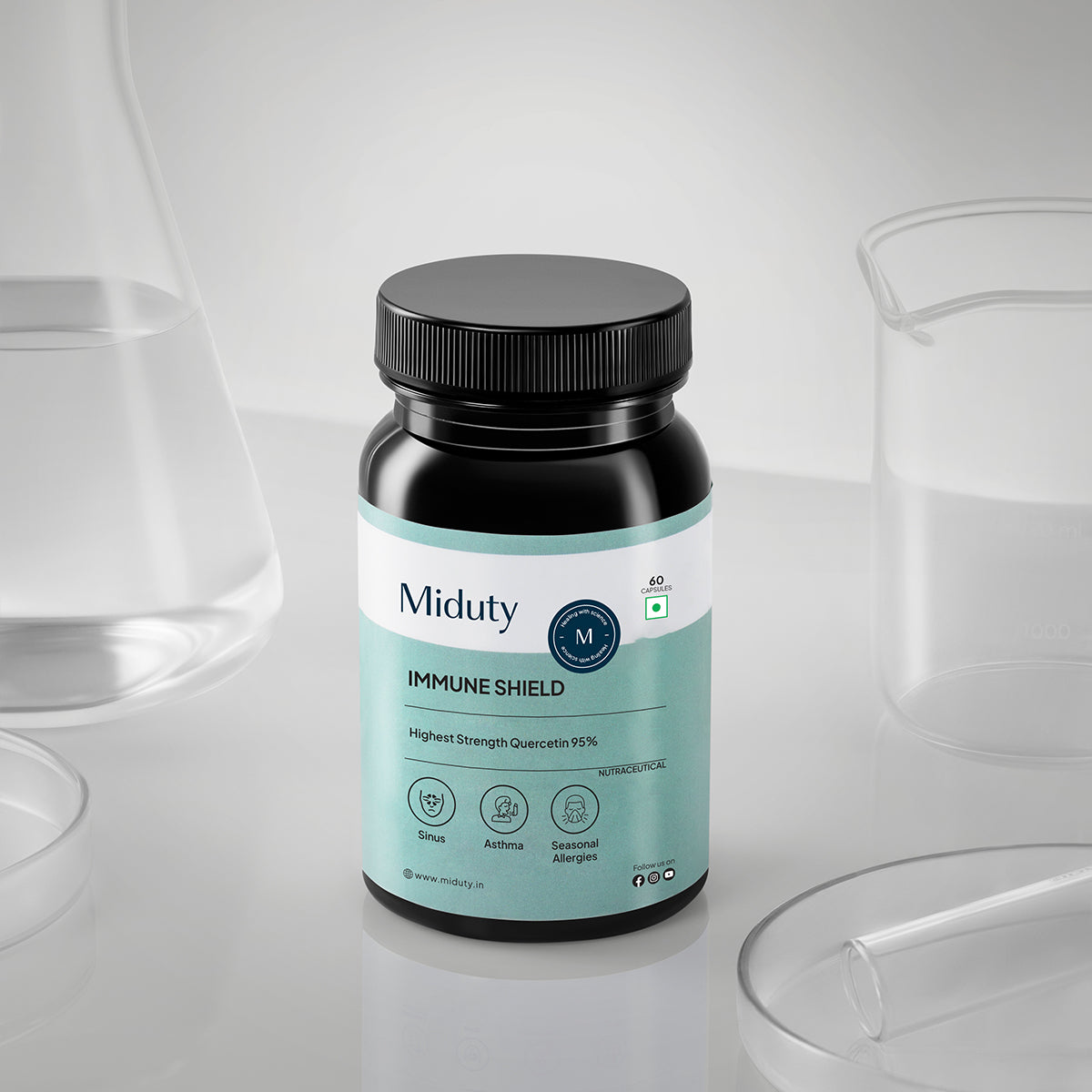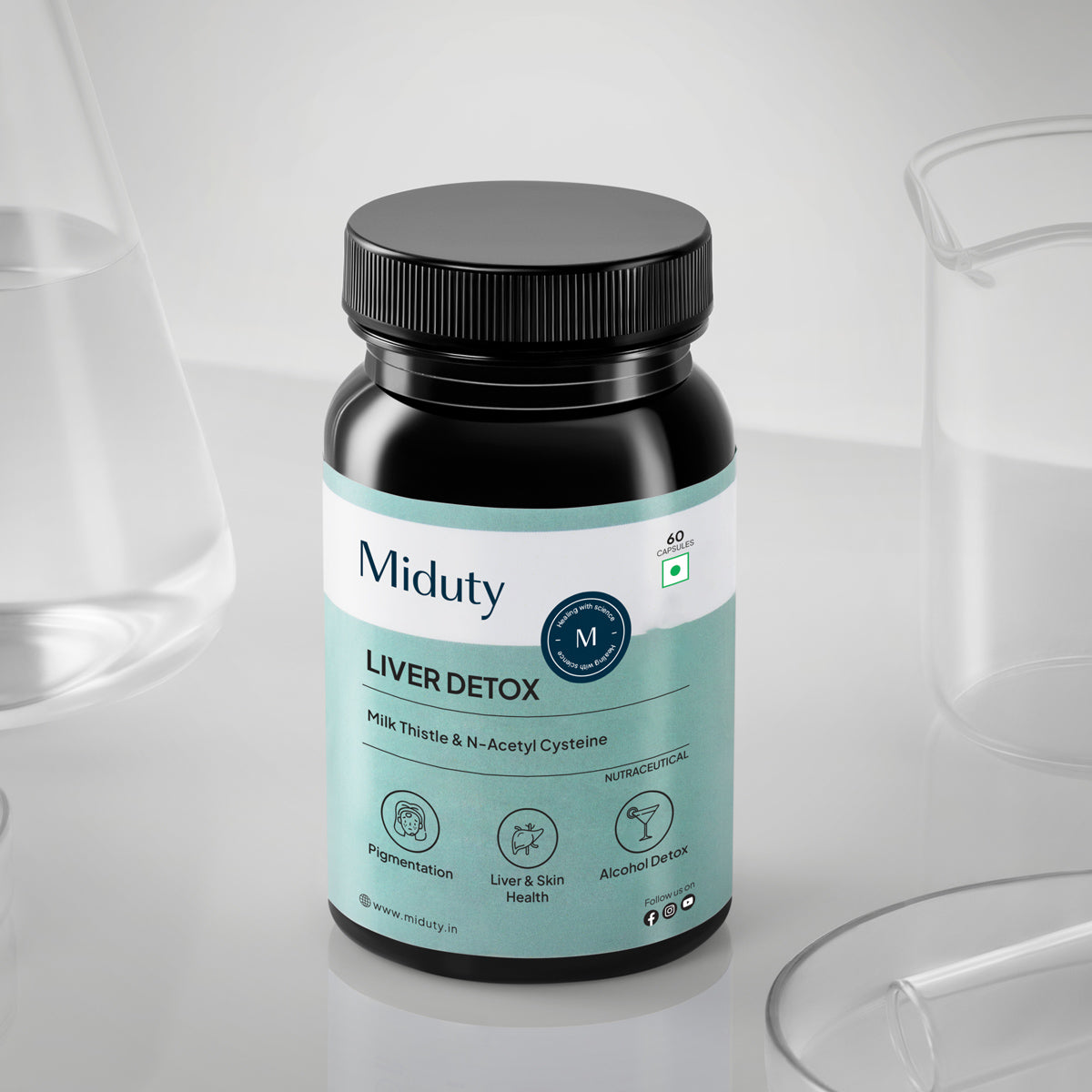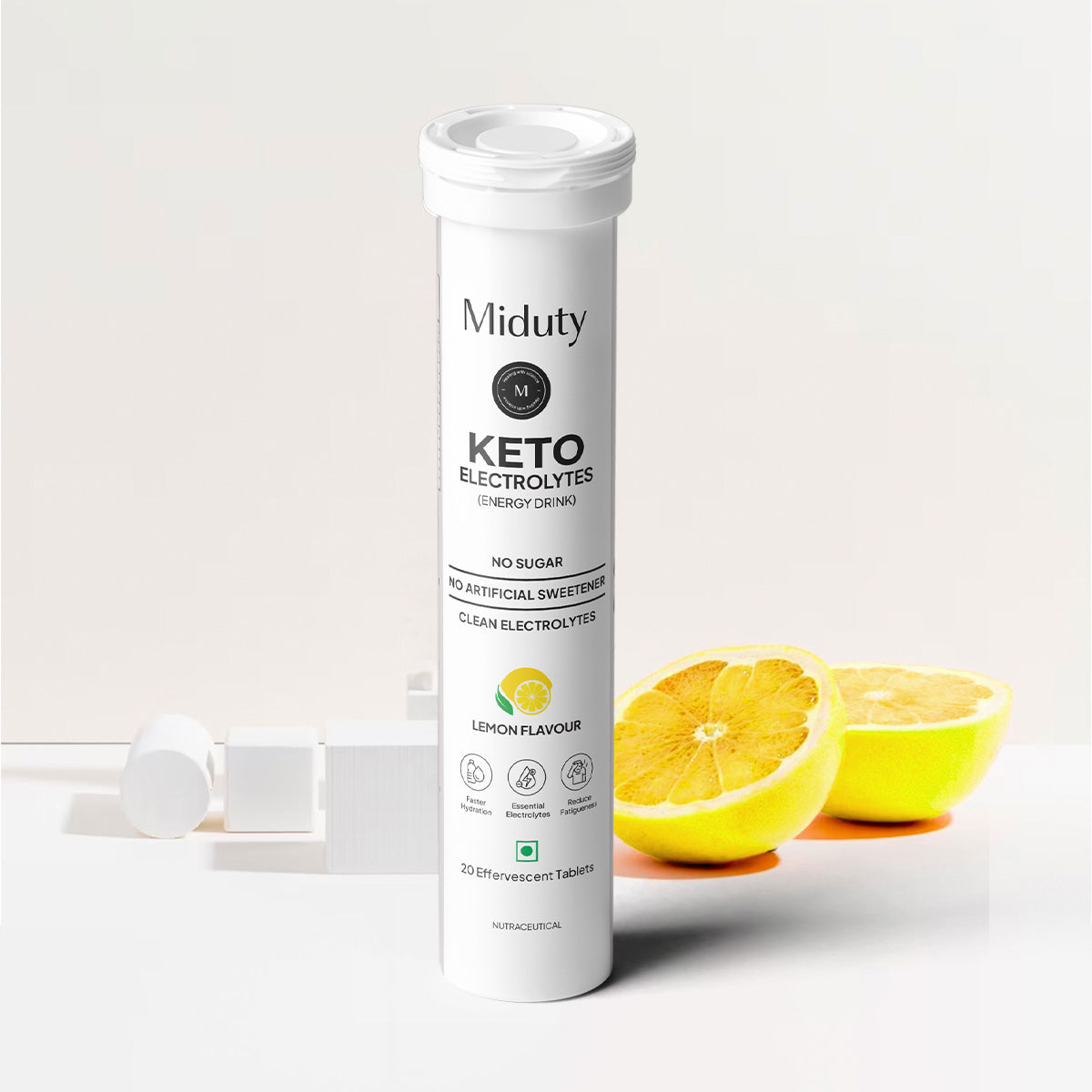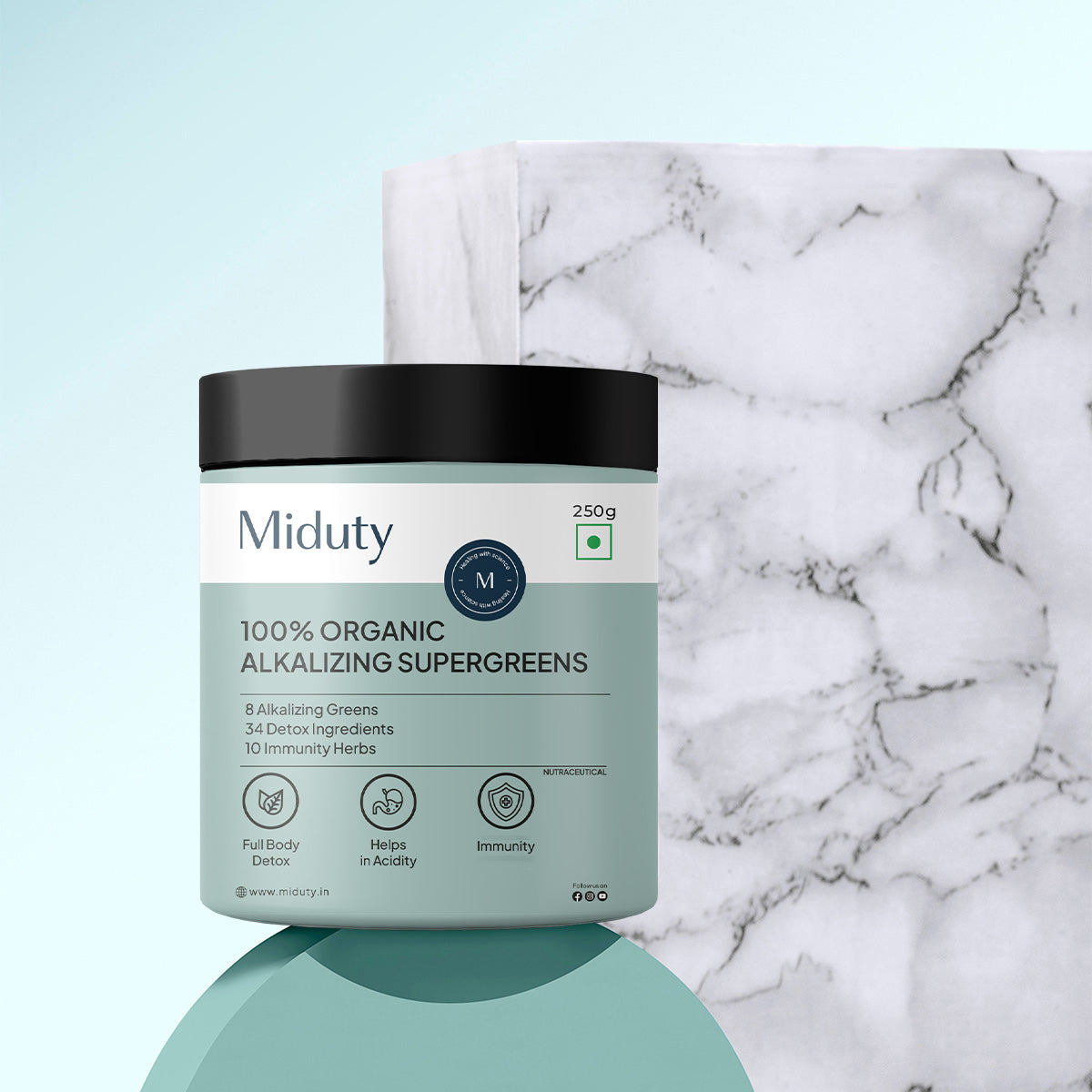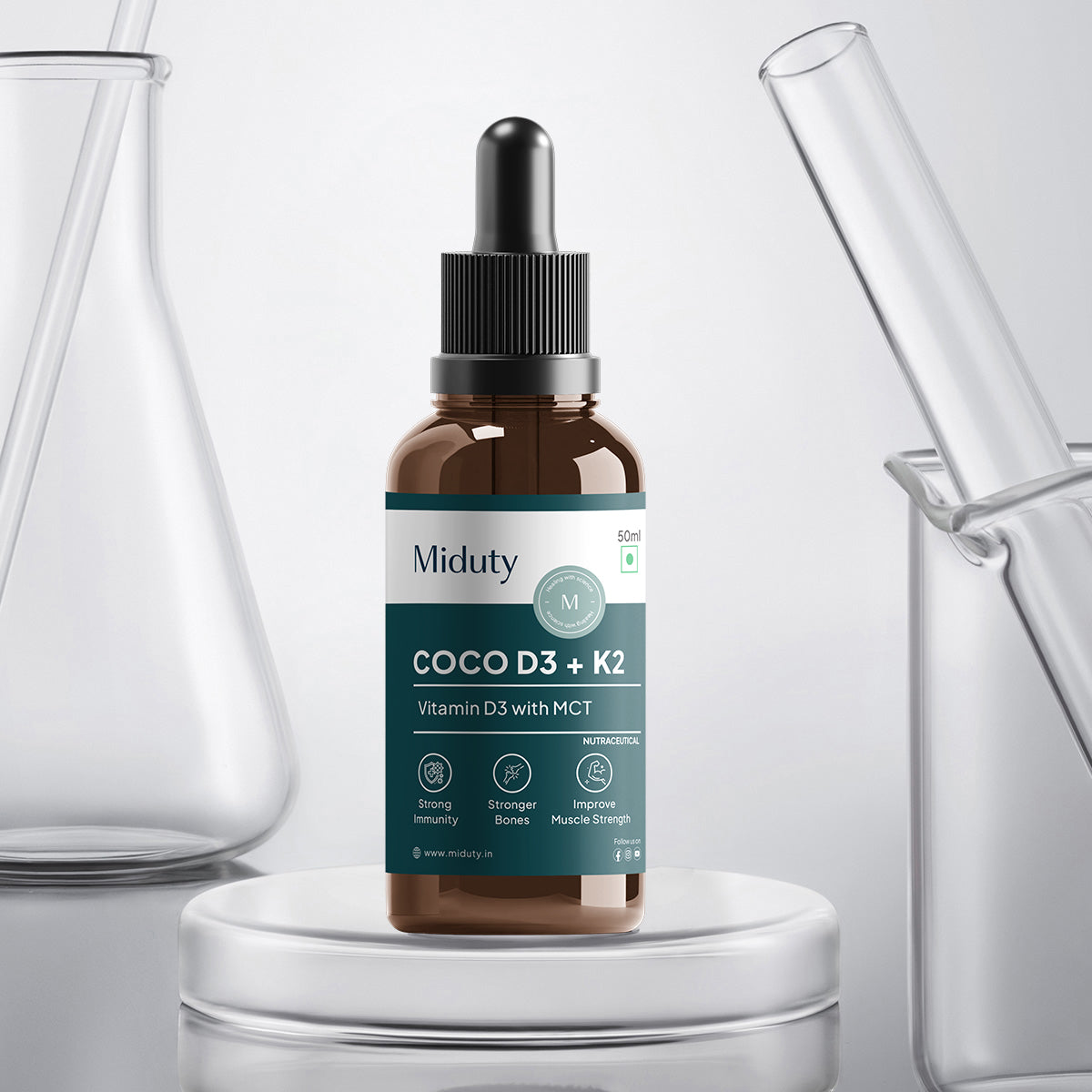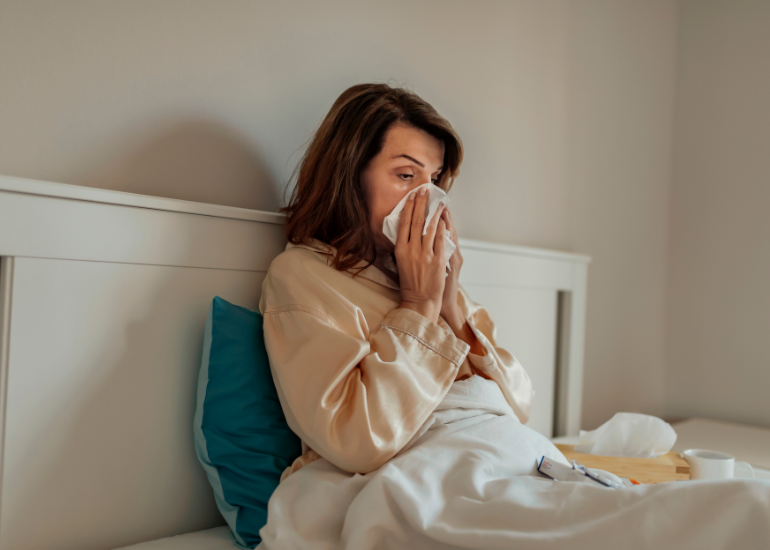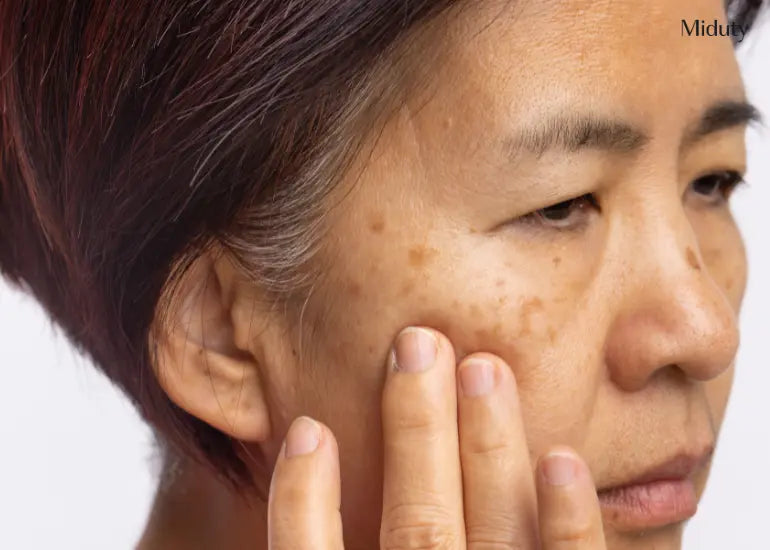
How to Recover from Dengue Fever: A Complete Guide
In dengue cases, patients with platelet counts falling below 25,000/µL have 7.5 times higher odds of progressing to severe dengue, with young males being the most affected demographic.
Key Takeaways
-
Staying well-hydrated with water, coconut water, and ORS is crucial to flush out toxins and support a smooth dengue recovery.
-
Eating nutrient-dense foods like papaya, goat milk, and iron-rich fruits helps naturally boost platelet counts and strengthen immunity.
- Prioritizing 8 to 10 hours of quality sleep each day accelerates healing and restores energy during dengue recovery.
-
Spotting warning signs like severe pain, bleeding, or vomiting early can prevent progression to severe dengue.
- Avoiding oily foods, alcohol, caffeine, and self-medication is essential to protect the liver and ensure full recovery after dengue.
Dengue fever, often called "breakbone fever," is a viral infection transmitted primarily by the Aedes aegypti mosquito. The illness causes high fever, severe muscle and joint pains, headaches, rashes, and bleeding issues. With the recent spike in dengue cases globally, recovering efficiently and safely has become a priority for many affected individuals. While most cases are self-limiting, poor management can lead to prolonged weakness or complications. This blog shares practical, science-backed strategies to ensure a complete recovery after dengue.
Understanding Dengue Recovery
Dengue progresses through three phases: febrile, critical, and recovery. Most severe symptoms subside by the time the recovery phase starts, but patients often experience extreme fatigue, appetite loss, and weakness during recovery. Full healing can take anywhere between two to four weeks, depending on the severity
How to Recover from Dengue Fever?
1. Prioritize Hydration
Dehydration is a major risk during dengue due to fever, sweating, vomiting, and reduced oral intake. Proper hydration helps flush out toxins and supports recovery. You should include:
- Plenty of water
- Coconut water for natural electrolytes
- ORS (oral rehydration solutions)
- Fresh fruit juices (without added sugar)
Checking the color of urine is a simple indicator. Light-colored or clear urine suggests good hydration.
2. Follow a Nutrient-Rich Diet
The body needs extra nutrients to fight the virus and rebuild damaged tissues. Focus on foods that boost immunity, restore platelet counts, and provide energy. Key foods to include:
- Papaya: Rich in enzymes like papain, which may help improve platelet count.
- Goat Milk: Easy to digest and contains essential minerals like selenium and zinc that support immune function.
- Coconut Water: Replenishes minerals and prevents dehydration.
- Vitamin C sources: Oranges, amla, and guava to repair tissues.
- Iron-rich foods: Spinach, beetroot, and pomegranate to aid blood health.
- Protein sources: Eggs, fish, and lentils to support tissue repair.
- Zinc-rich foods: Pumpkin seeds, cashews, to boost immune recovery.
A light, frequent eating schedule is preferred over heavy meals to avoid overwhelming the digestive system.
3. Get Adequate Rest
Physical rest allows the immune system to focus entirely on recovery. Aim for 8–10 hours of sleep daily. Avoid any kind of strenuous exercise until full recovery. Listen to your body and nap if you feel tired during the day. Energy conservation is crucial during dengue recovery.
4. Monitor Symptoms Carefully
Keep an eye on warning signs that may indicate complications: Severe abdominal pain, Persistent vomiting, Bleeding gums or nose, Blood in vomit or stool and Breathing difficulty. If these symptoms occur, seek immediate medical care.
5. Use Right Medicines
Managing pain and fever correctly during dengue recovery is crucial for avoiding complications. It is recommended to use paracetamol (acetaminophen) for controlling fever and relieving body aches, but only under the supervision of a healthcare professional. Non-steroidal anti-inflammatory drugs (NSAIDs) like aspirin and ibuprofen should be strictly avoided, as they can increase the risk of internal bleeding. Always consult your doctor before taking any medication to ensure safe and effective recovery.
How to Naturally Boost Platelet Count?
Since dengue often leads to a sharp decline in platelet count, boosting it naturally is important.
- Papaya Leaf Juice: A study showed that papaya leaf extract could significantly raise platelet counts.
- Pomegranate and Beetroot Juice: High in iron and antioxidants.
- Goat Milk: Anecdotal evidence suggests it can help maintain platelet levels due to its rich selenium content.
- Vitamin C Rich Foods: Help strengthen blood vessels and support platelet production.
While these methods can assist in recovery, they are supportive and should not replace medical supervision.
Post-Dengue Care: Things to Avoid
Recovery does not end when the fever subsides. Avoid these pitfalls to prevent relapse or delayed healing:
1. Avoid oily, processed, and heavy foods: They can tax the liver, which is already vulnerable after dengue.
2. Avoid alcohol and caffeine: Both can cause dehydration.
3. Limit screen time and late nights: These can worsen fatigue and delay healing.
4. Avoid self-medication: Never take painkillers like ibuprofen or aspirin without consulting a doctor.
Patience and consistency with rest, hydration, and nutrition are the true keys to a full recovery.
Conclusion
Recovering from dengue fever demands a strategic and careful approach. Staying well-hydrated, eating nutrient-dense foods like papaya, goat milk, and coconut water, getting proper rest, avoiding physical and mental strain, and monitoring warning symptoms are essential steps toward full healing. Always stay in close contact with your healthcare provider during and after recovery for personalized guidance.
Frequently Asked Questions On Recovery From Dengue -
Q1: How to recover quickly from dengue?
To recover from dengue fast, stay well-hydrated, eat nutrient-rich foods like papaya and goat milk, get plenty of rest, and monitor warning symptoms closely under medical supervision.
Q2: How long does dengue fever last?
Dengue fever typically lasts about 7 to 10 days, but full recovery, especially from fatigue and weakness, may take up to 2 to 4 weeks.
Q3: Which food is best for dengue recovery?
Fruits rich in Vitamin-C (like papaya, oranges), protein-rich sources (like eggs, tofu, chicken, etc.), plenty of water, and coconut water are some of the best foods to recover from dengue.
Q4: How to know if dengue is recovering?
Subsiding fever, appetite coming back to normal, normalized platelet count, increased urination, and better sleep are some signs that you are recovering from dengue.
Q5: What kills dengue virus?
There's no drug that directly kills the dengue virus. The body's immune system clears it naturally, while supportive care like hydration, rest, along with good food and sleep helps manage symptoms.
References


